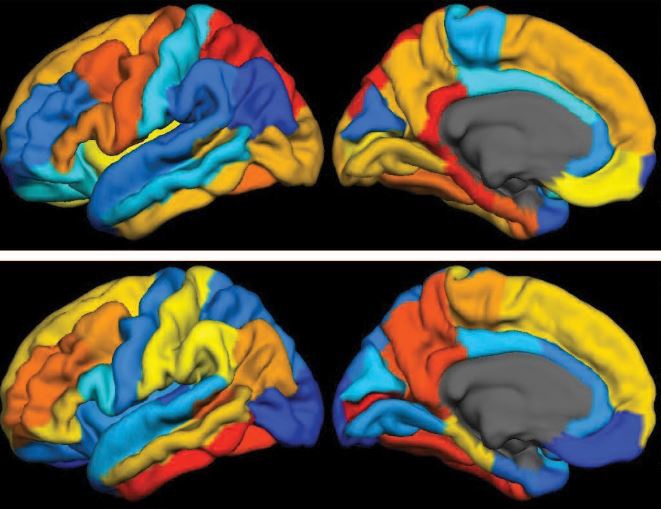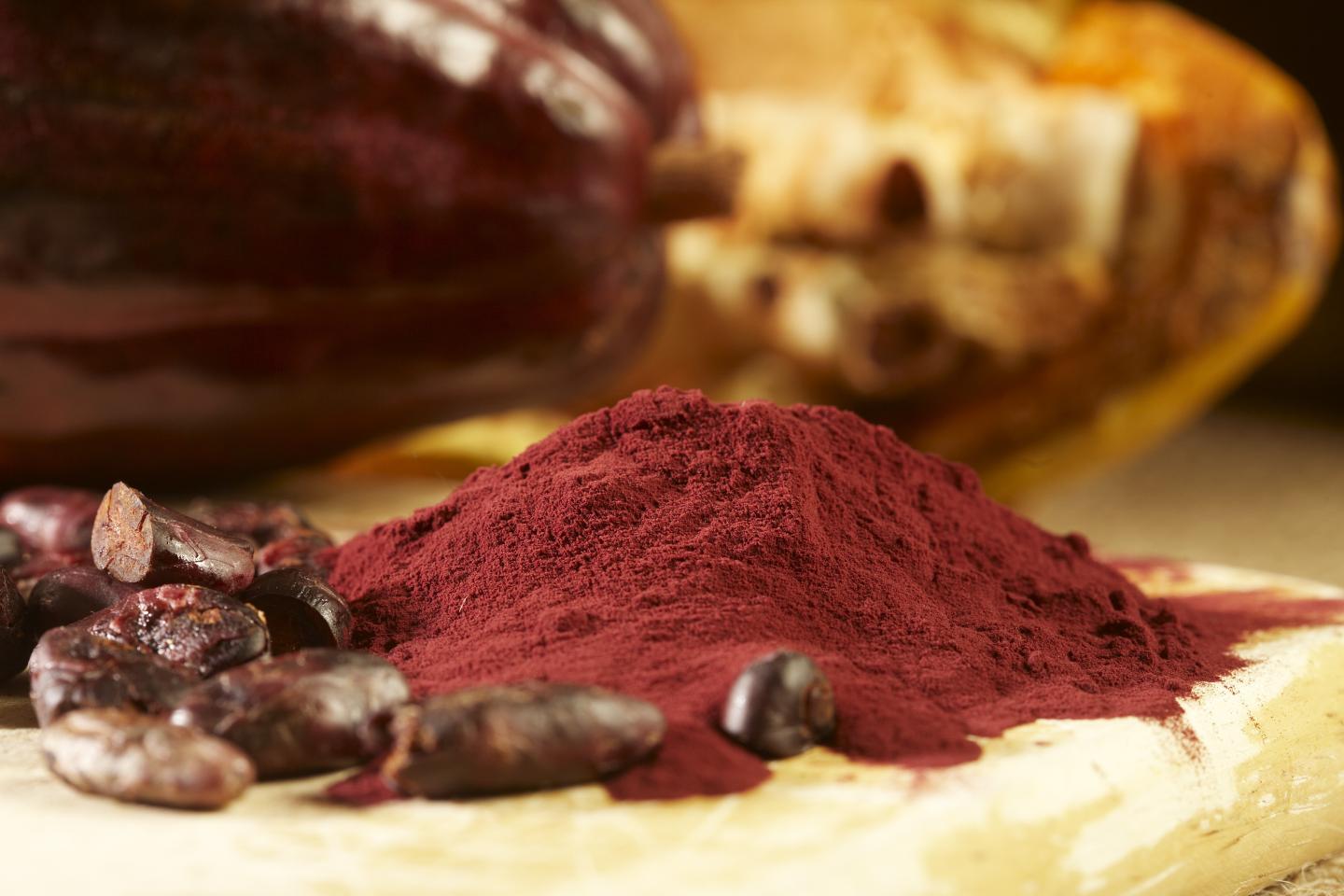age-related memory loss
Aging Research: Plasma Protein Revitalizes the Brain
Posted on by Dr. Francis Collins
 For centuries, people have yearned for an elixir capable of restoring youth to their aging bodies and minds. It sounds like pure fantasy, but, in recent years, researchers have shown that the blood of young mice can exert a regenerative effect when transfused into older animals. Now, one of the NIH-funded teams that brought us those exciting findings has taken an early step toward extending them to humans.
For centuries, people have yearned for an elixir capable of restoring youth to their aging bodies and minds. It sounds like pure fantasy, but, in recent years, researchers have shown that the blood of young mice can exert a regenerative effect when transfused into older animals. Now, one of the NIH-funded teams that brought us those exciting findings has taken an early step toward extending them to humans.
In their latest work published in Nature, the researchers showed that blood plasma collected from the umbilical cords of newborn infants possesses some impressive rejuvenating effects [1]. When the human plasma was infused into the bloodstream of old mice, it produced marked improvements in learning and memory. Additional experiments traced many of those cognitive benefits to a specific protein called TIMP2—an unexpected discovery that could pave the way for the development of brain-boosting drugs to slow the effects of aging.
Share this:
- Click to share on LinkedIn (Opens in new window)
- Click to share on Pinterest (Opens in new window)
- Click to share on Tumblr (Opens in new window)
- Click to share on Reddit (Opens in new window)
- Click to share on Telegram (Opens in new window)
- Click to share on WhatsApp (Opens in new window)
- Click to print (Opens in new window)
Alzheimer’s Disease: Tau Protein Predicts Early Memory Loss
Posted on by Dr. Francis Collins

Caption: PET scan images show distribution of tau (top panel) and beta-amyloid (bottom panel) across a brain with early Alzheimer’s disease. Red indicates highest levels of protein binding, dark blue the lowest, yellows and oranges indicate moderate binding.
Credit: Brier et al., Sci Transl Med
In people with Alzheimer’s disease, changes in the brain begin many years before the first sign of memory problems. Those changes include the gradual accumulation of beta-amyloid peptides and tau proteins, which form plaques and tangles that are considered hallmarks of the disease. While amyloid plaques have received much attention as an early indicator of disease, until very recently there hadn’t been any way during life to measure the buildup of tau protein in the brain. As a result, much less is known about the timing and distribution of tau tangles and its relationship to memory loss.
Now, in a study published in Science Translational Medicine, an NIH-supported research team has produced some of the first maps showing where tau proteins build up in the brains of people with early Alzheimer’s disease [1]. The new findings suggest that while beta-amyloid remains a reliable early sign of Alzheimer’s disease, tau may be a more informative predictor of a person’s cognitive decline and potential response to treatment.
Share this:
- Click to share on LinkedIn (Opens in new window)
- Click to share on Pinterest (Opens in new window)
- Click to share on Tumblr (Opens in new window)
- Click to share on Reddit (Opens in new window)
- Click to share on Telegram (Opens in new window)
- Click to share on WhatsApp (Opens in new window)
- Click to print (Opens in new window)
Tags: Accelerating Medicines Partnership, age-related memory loss, aging, Alzheimer’s disease, AMP, AMP-AD, ß-amyloid, beta amyloid, brain, brain scan, cerebral cortex, cognitive decline, dementia, early Alzheimer's disease, frontal lobe, imaging, memory, memory loss, neurological disease, neurology, parietal lobe, PET scans, tau, tau protein, temporal lobe, translational medicine
Could Flavanols Reverse Age-Related Memory Decline?
Posted on by Dr. Francis Collins

Caption: Cocoa beans and cocoa powder, which are rich in antioxidant compounds called flavanols.
Credit: Mars Inc.
As we get older, remembering new stuff—an updated computer password or the name of that person whom we met last night (or was it two nights ago?)—can bring a busy day to a head-scratching halt. But are these “senior moments” just something that we have to accept? Maybe not.
In a study published in Nature Neuroscience, a research team partially funded by NIH has provided evidence that changes in a specific brain region are associated with age-related memory loss [1]. And they found that they could reverse this loss by boosting activity in this part of the brain, called the dentate gyrus. What’s especially interesting is that this boost came from a drink that was specially formulated to be rich in flavanols, a group of antioxidant compounds found in cocoa beans. Sounds like every chocolate lover’s dream! But let’s drill down a little deeper.
Share this:
- Click to share on LinkedIn (Opens in new window)
- Click to share on Pinterest (Opens in new window)
- Click to share on Tumblr (Opens in new window)
- Click to share on Reddit (Opens in new window)
- Click to share on Telegram (Opens in new window)
- Click to share on WhatsApp (Opens in new window)
- Click to print (Opens in new window)
